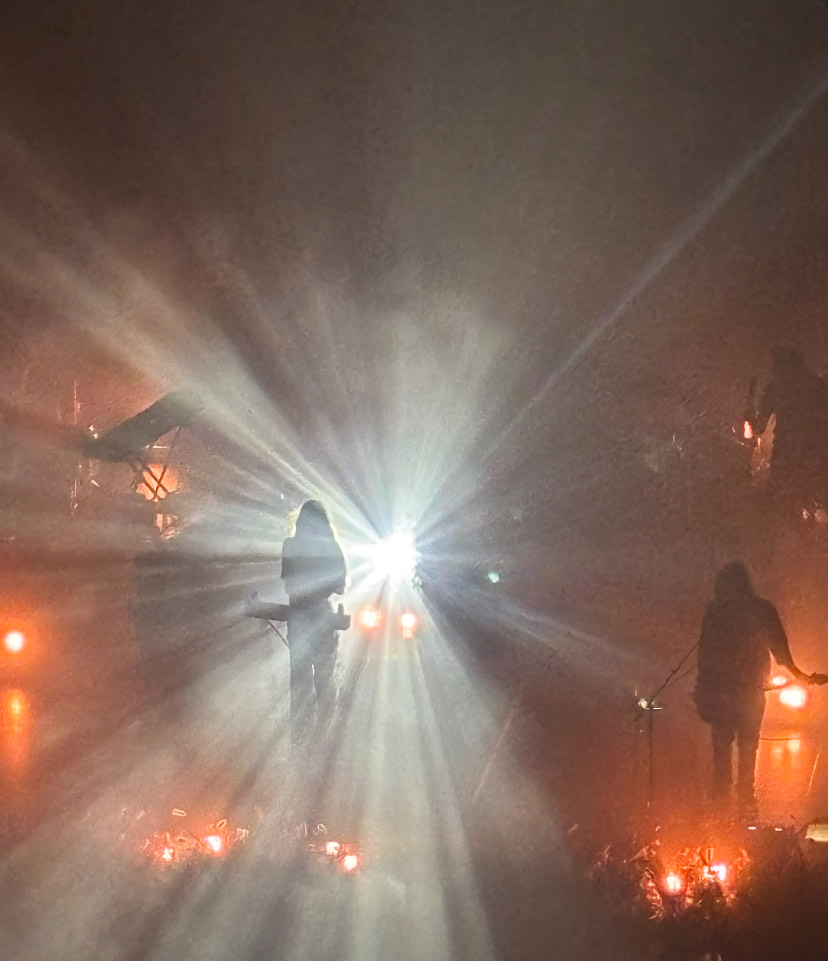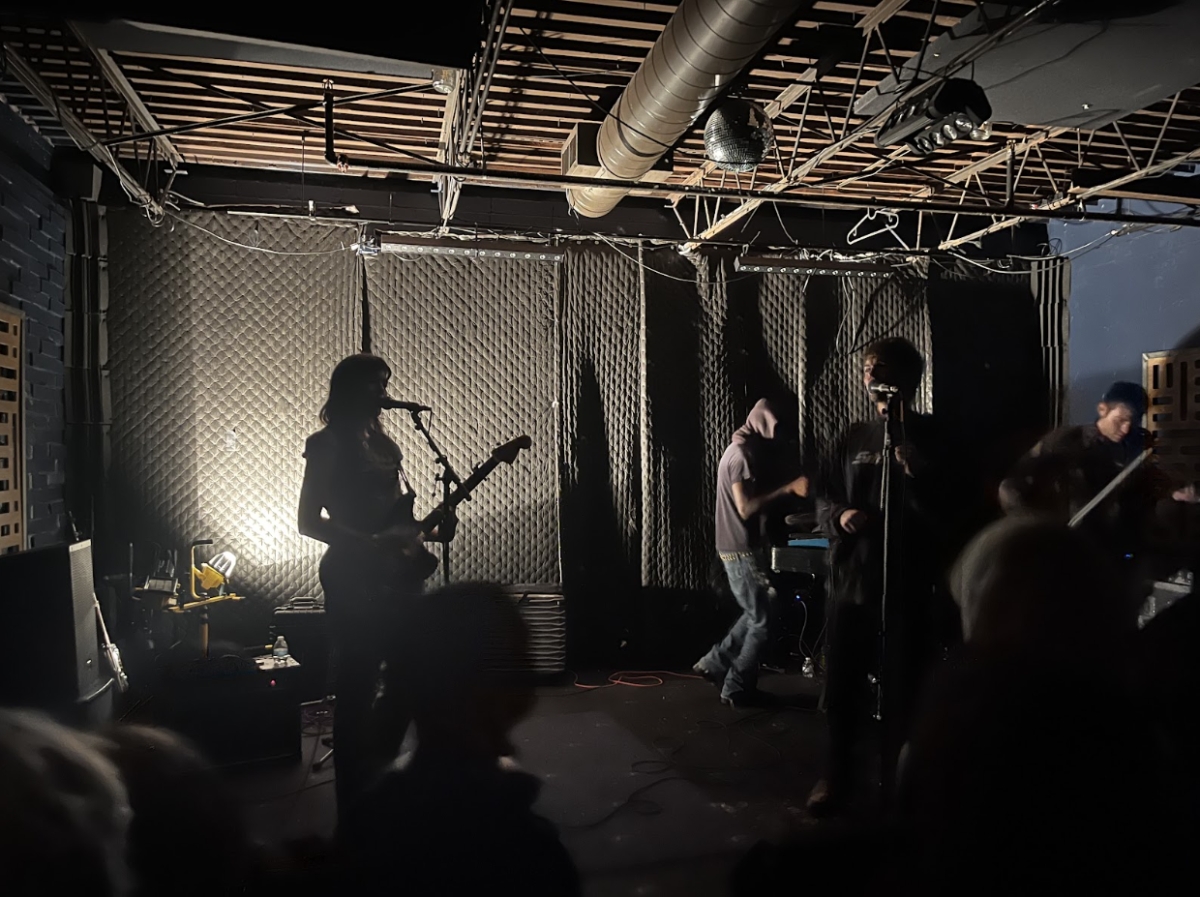The arcade classic Frogger now has yet another version on the app marketplace, but this time it is about more than frogs. While Frogger has more than 30 official versions and a wide array of other app store versions, previous versions have typically focused on animals as the springy protagonists. The new app “Cross Dakar City” breaks this trend by putting a young boy named Mamadou at the heart of a bustling Dakar. Since its release a year ago, it has come for free to the United States’ app store.
The protagonist, Mamadou, is no ordinary schoolboy. He is a child beggar in Senegal, a talibé. The game’s developer, Ousseynou Khadim Bèye, developed the game with the purpose of “highlighting the dangers facing the talibé.”
The talibés in Senegal and various African states, including Senegal’s neighbor, Guinea Bissau, are children who go to Quranic educational institutions called daara. The daara, lead by religious leaders called marabouts, provide education on the Quran, as well as food and shelter. The marabouts in turn receive devotion from their students and the profits from their begging. Daaras have been around for hundreds of years, but grew during the French colonial period.
More than just another Frogger imitation app, the game actually brings up many questions of contemporary global governance. Human rights organizations report a dire situation of talibés. Definitions of “child beggars” are unclear, but UNICEF has estimated somewhere between the range of 50,000 to 100,000 talibé beggars in Senegal. Another report conducted by Human Rights Watch estimates around 30,000 boys are subjected to forced begging in the Dakar region alone. Senegal responded by enacting a law in 2005, but have prosecuted a low number of abusive teachers. Human rights organizations, religious leaders and locals alike have responded with sharp criticisms towards Senegal’s lack of prosecutions.
Failure to meet daily begging quotas means harsh punishments for the children. One investigation from Human Rights Watch found evidence of beatings with electric cables, whips and canes. In addition to beatings, HRW also found evidence of talibé being bound, chained and forced into stress positions. Talibé also face a variety of dangers while out begging.
This is where “Cross Dakar City” seeks to bring awareness. All of the obstacles and aspects that may kill you are the dangers talibés face every day. To beat the game, Mamadou must dodge cars, taxis, busses, carriages, trains and bombs to return home.
The gaming experience is contradictory in visual design and sound. The protagonist Mamadou looks like a typical schoolboy with a red book in hand, black t-shirt and blue shorts. His 2-D design resembles a less-exaggerated South Park character. The design of the character, the bright colors of the scenes you progress through and child-like design do not give off the air of a game bringing attention to human rights violations. However, after plugging my headphones into the game the experience changed dramatically.
Playing with headphones brings in another dimension. The music gives off a spooky, airy sound. It isn’t the traditional upbeat, motivating music simple games tends to use. It is as if Bèye took wailing truck horns and extracted a vague melody. In addition to the music, every now and then, a Senegalese man shouts something. The sound was so sharp and jarring I jumped in my seat while playing the game. I thought someone had shouted in the library.
Given Bèye’s desire to bring awareness to the issue, I find a video game to be an innovative outlet. I last wrote about how video games have a strong immersive component. This, and the fact that apps are so easily distributable on the market place, makes them a natural match for raising awareness. As I was playing, I felt tense. My back curled over my lap where I held my phone. I jumped at the sounds in the library that surrounded me while I played. After playing, I had to take a few deep breaths to center myself. While this experience is nowhere near the stresses the talibé face every day, it does speak to video games’ special ability as a platform to bring awareness. 36,300 downloads and much news coverage later, this game seems to be making headway on Bèye’s intended purpose.
In an interview with Motherboard, Bèye said that he wishes to continue making other games with similar themes. He wants to continue to bring awareness to various issues facing Africans through his games. Bèye hopes to partner with nonprofits with similar aspirations and concerns. Games can be a powerful outlet for advancing these goals and ideas. However, I think we should be cognizant of who is creating these games, who they are accessible to and who the messages impact, as game creators start to engage in broader political questions.







Hannah Hemmings • Sep 12, 2019 at 1:27 am
Such are truly cool YouTube videos, its my good luck to go to see this site and finding these awesome YouTube video clips.
Amanda Henderson • Sep 10, 2019 at 6:52 pm
Hi! Would you mind if I share your blog with my zynga group? There’s a lot of folks that I think would really appreciate your content. Please let me know. Cheers
Richard Berry • Sep 9, 2019 at 12:27 pm
I have realized that car insurance corporations know the vehicles which are at risk of accidents along with other risks. In addition, they know what types of cars are inclined to higher risk and also the higher risk they’ve the higher the premium amount. Understanding the uncomplicated basics regarding car insurance will allow you to choose the right type of insurance policy that will take care of your preferences in case you become involved in any accident. Thank you sharing a ideas on your blog.